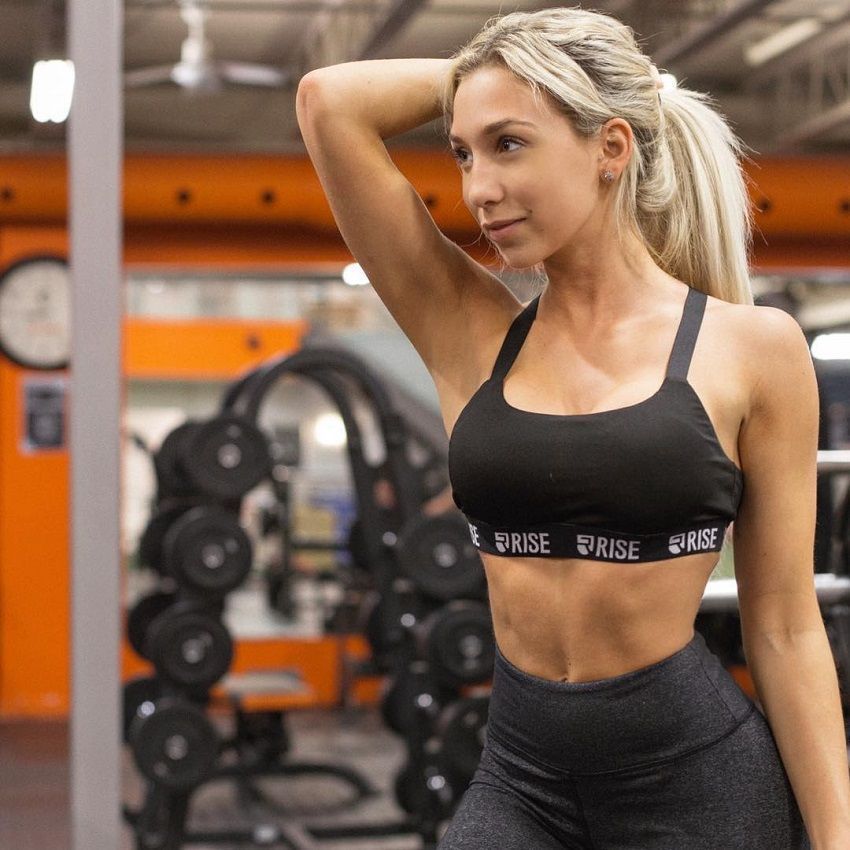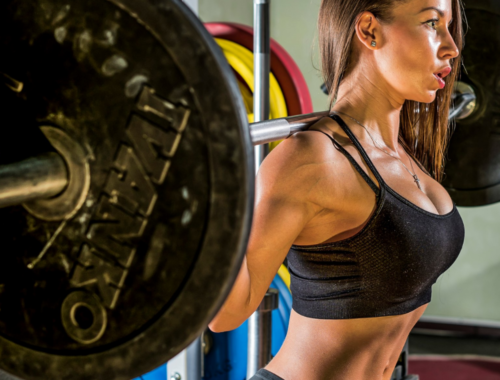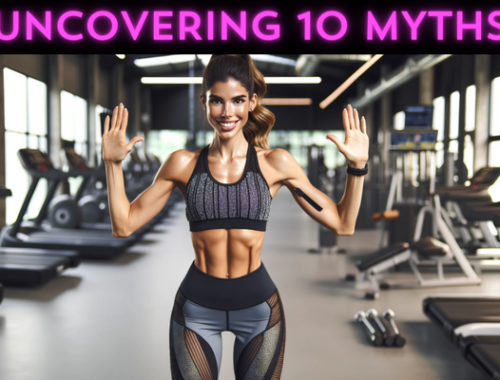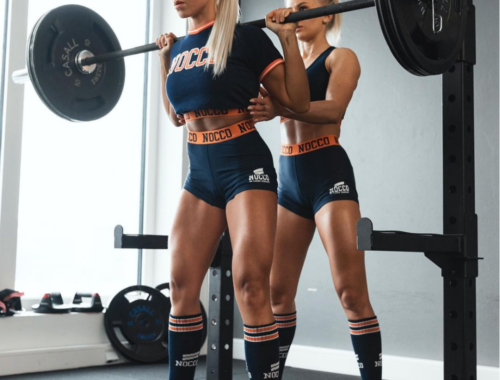
WHAT TO EAT BEFORE OR AFTER TRAINING Pre workout & Post workout food to maintain muscle mass
Contents
What can you eat before going to the gym, what to eat after training to gain muscle mass. The question that puzzles many people about whether or not to eat before training.
Yes, you definitely should; at least have a snack if you don’t plan to have a meal at least an hour before your workout.
Doing cardio on an empty stomach for maximum fat loss is another common myth… A BIG LIE.
Following these methods will cause your body to burn muscle tissue to provide you with energy instead of burning fat. Your body needs a certain amount of glucose to fuel while training. Think of a car: would a car be running without fuel? That’s exactly how our bodies work. It needs fuel and replenish every two to three hours for it to function properly. Your pre-workout meal should be something that is easy to digest.
The last thing you want to do is eat a bunch of protein and fats (large amounts), even if they are healthy fats and proteins. These types of fuel take a long time to digest and extract precious oxygen and energy that carries blood to the stomach and away from the working out muscles.
They can also be heavy on your digestive system and cause stomach aches during exercise. Your best option is to consume your pre-workout meal about two hours before exercise; it should be between 300 and 500 calories, and is composed primarily of healthy carbohydrates (complex carbohydrates). If you didn’t have the opportunity to do so, opt for a quick 50-100 calorie snack 5-10 minutes before exercise. Try a bowl of oatmeal, whole grain cereal, whole wheat toast, sweet potatoes, etc, as a pre-workout meal eaten two hours before your workout. If you have to eat directly before your workout, a small piece of fruit, such as an apple or banana, will do the trick.
What you eat after cardio and after weight training doesn’t always have to be the same. Weight training is more for gaining muscle, while cardio is primarily used for fat loss. When weight training, muscle glycogen starts to deplete, and as mentioned above, muscle tissue starts to break down.
So, our main goal is to replenish muscle glycogen stores and begin to rebuild muscle.

Carbohydrates are the main macronutrient to replenish in your post-workout meal. There is a window of time around 20-60 minutes after exercise in which your muscles accept the carbohydrates and protein you consume, absorb them for storage as energy, and build building blocks for recovery. If you wait too long to eat after exercise, your body won’t use what you eat for fuel and recovery. So basically, after a weight lifting session, you want to have your complex carbs and protein; something like brown rice and chicken breast, or a protein shake with half a banana, whichever works best for you. On the other hand, if you’re doing cardio and your main goal is to lose fat, then cutting carbs and focusing on protein and healthy fats will work best for you.
During a typical cardio session, your body’s biochemistry undergoes some changes. your body suppresses insulin production and begins to release other hormones, such as growth hormone (GH) and testosterone. Not only that, but your body releases several neurotransmitters such as adrenaline, epinephrine, serotonin, dopamine and endorphins. The first two help with fat mobilization. So, to stay in fat burning mode, a protein shake (whey protein isolate) mixed with omega-3 fatty acids would be a great option; some salmon and mixed greens will also do the job; try grilled chicken salad with greens topped with some nuts. As long as you consume lean protein, some veggies and healthy fats, you’re good to go.
Keep in mind that everyone is different and your exercise goals may be different than someone else’s goals. So, whether your goal is to build muscle or shred some fat, your magic keys are time frames and types of foods after different workouts.

TIRE FLIP - Cross Training

HOW TO TAKE PROTEIN?
También te puede interesar

WEIGHT TRAINING VS MACHINE TRAINING
diciembre 20, 2020
BIKINI FITNESS: DEBUNKING MYTHS AND EMBRACING TRUTHS
febrero 21, 2024